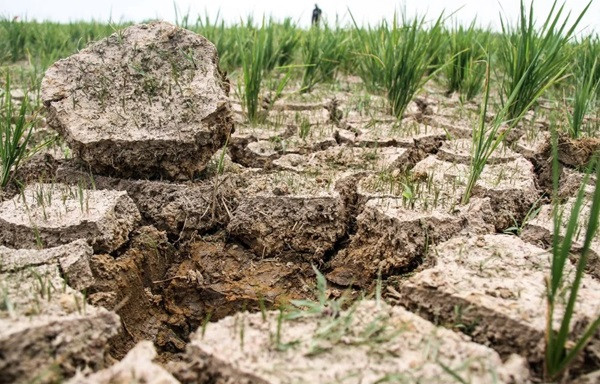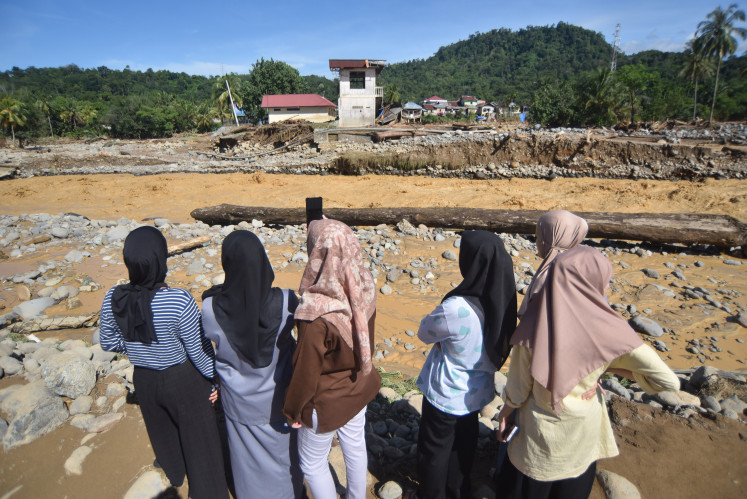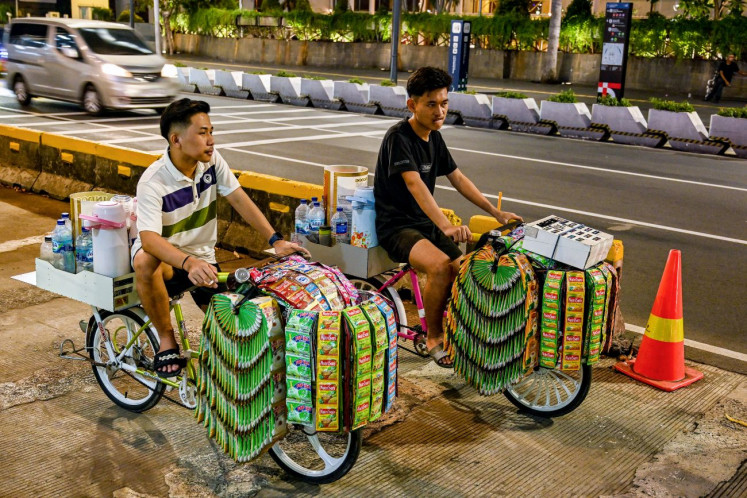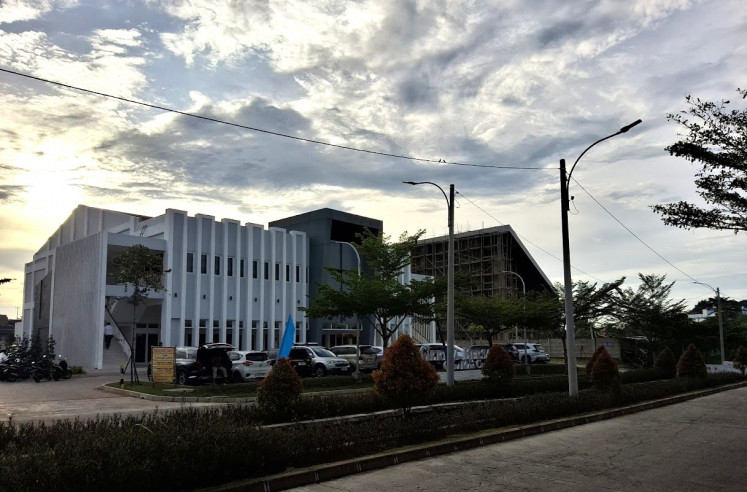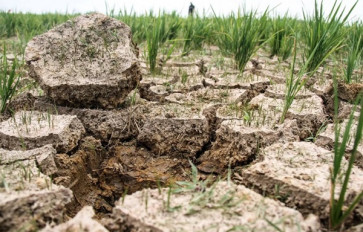Popular Reads
Top Results
Can't find what you're looking for?
View all search resultsPopular Reads
Top Results
Can't find what you're looking for?
View all search resultsASEAN must protect Southeast Asian people’s right to food
As climate impacts diminish Southeast Asia’s food supply, ASEAN leaders must protect peoples’ right to food and shift to sustainable, climate-resilient, and equitable food systems.
Change text size
Gift Premium Articles
to Anyone
T
he climate crisis is threatening Southeast Asia’s ability to feed itself. The 2024 Southeast Asian Climate Outlook Survey, which collected responses from all 10 ASEAN states, reported that 70.1 percent of respondents experienced food insecurity, up from last year’s 59.8 percent, and attributed it to climate change, rising food prices and poor government policy.
Amid worsening climate impacts on the agriculture sector, it has become clear that Southeast Asia cannot import its way out of food insecurity. India’s decision to restrict its rice exports last year, implemented in response to reduced yields and an erratic monsoon season, sent shockwaves throughout the continent as rice prices rose to their highest peak in 15 years.
The world’s largest rice exporter curtailing its exports resulted in pressure on import-dependent countries, such as Indonesia, which relied on India for 42 percent of its imported rice, as the major rice exporters in Southeast Asia faced production losses due to El Niño. In the coming years, as climate impacts worsen, more countries across the world can be expected to place restrictions on their agricultural exports to meet their domestic needs.
To protect Southeast Asians’ right to food, ASEAN governments must transition away from food systems that rely heavily on imports and take immediate actions to strengthen local production of staple food for domestic consumption.
Localizing food systems will not only improve access for low-income populations, as these foster conditions for lower prices and better flexibility on pricing, purchase quantities and financing arrangements, they are also more resilient to future shocks. In the early months of COVID-19, it was local markets, made up of street vendors, community kitchens and direct-to-consumer channels that provided food to the communities that needed it most.
Southeast Asia’s ability to feed itself in a time of climate crisis lies in food sovereignty, which prioritizes the needs of those who produce, distribute and consume food over the interests of global markets and multinational corporations. Protecting Southeast Asians’ right to food will require ASEAN governments to support local food systems with policies and programs such as public procurement, minimum support prices, linkages with local markets and infrastructure for irrigation, food storage and seed banking.
An argument in favor of restricting imports and exports has been made by the United Nations Special Rapporteur on the Right to Food for the purpose of strengthening domestic food production and fostering self-sufficiency in import-reliant countries.

